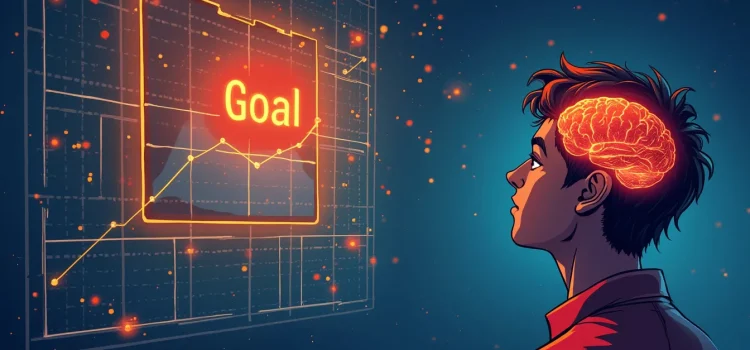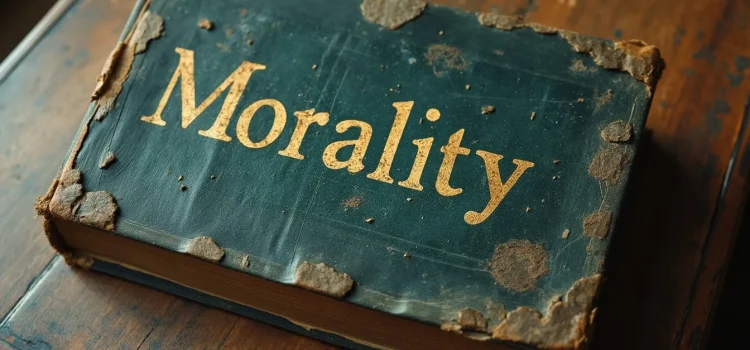What does it take to harness your willpower effectively? How can external pressure help you achieve your goals? In Willpower, Roy Baumeister and John Tierney explore practical strategies for maximizing self-control. Their research reveals how self-pressure techniques can help you stay focused and motivated, even during challenging times when your willpower reserves run low. Keep reading to discover proven tools for applying positive self-pressure that can transform your approach to achieving goals and maintaining self-control.
Positive Self-Pressure: 3 Tools to Amplify Your Willpower










